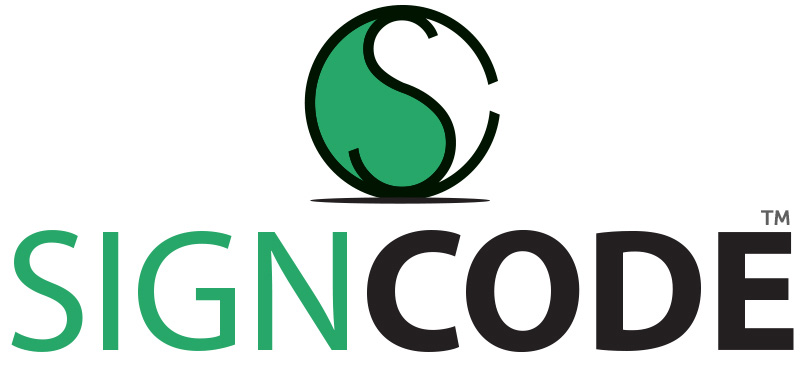While technology has enabled jobseekers to apply for a greater number of jobs thanks to job board sites, never has it seemed more difficult to access employment.
Throw a disability into the mix, and the worries and concerns for job seeker success increase significantly.
Action on Hearing Loss conducted their 2018 Workplace Experiences survey which revealed that 44% of deaf applicants have withheld their disability during the recruitment process. In most cases, this is because they felt that the employer would believe them to be unable to do the job.
In a similar survey carried out in 2016, Total Jobs found that 72% of their respondents have had no help in their job search.
It seems, therefore, that most companies are not doing enough to welcome deaf employees into the workforce, and are not implementing recruitment processes that make applications easier.
The problems applicants confront in interviews
Deaf people have reported failures to provide an interpreter for interviews. Others have been made to feel uncomfortable about their disability through the questions asked.
Disability is defined as a “protected characteristic” and therefore, an interviewer cannot ask questions about it apart from in certain circumstances: where the disability may affect how the applicant carries out the work and reasonable adjustments cannot be implemented; the interviewer or recruiter needs to ascertain whether assistance is required for a selection test and in the case of positive action.
What you can do to make deaf and HOH people feel more comfortable in interviews
Going to an interview is anxiety-provoking for everyone. When someone goes the extra mile to put you at ease, it calms the nerves and bizarrely, turns the whole experience into an enjoyable interaction.
If you are responsible for interviewing candidate for a job and you know you are meeting a deaf candidate, there are easy things you can do to make the process less daunting for the applicant.
1. Make sure your job ads are in different formats
The Government has made it a requirement that companies advertise vacancies fairly and without discrimination.
On Gov.uk, it states:
“You must provide information about the vacancy in alternative formats (for example, large print) on request if this is reasonable. You must also accept applications in alternative formats (for example, electronically) where possible.”
Providing job descriptions and application forms in BSL using SigncodeUK shows you are welcoming deaf people in your workplace and could help you to become a Disability Confident Employer.
2. Find out if the candidate would like an interpreter
Some people prefer to lip read while others are more comfortable using sign language.
Make sure you establish which before the interview takes place. If the applicant would like an interpreter, find out which type, e.g. BSL, ASL or any other.
3. Let the receptionist know
Make sure that the member of staff who will greet the candidate knows that they are deaf or hard of hearing so as to eliminate any potential confusion.
4. Be friendly and approachable
Treat the candidate as you would treat all other candidates. Be warm and welcoming to help the applicant overcome any nerves.
5. Use a room with adequate lighting
To help the candidate pick up all the visual cues such as lip movements, body language and writing, a well-lit area is essential.
6. Provide written information plus pen and paper
Have names of interviewers and questions written down plus any other information that has not been provided earlier. Pen and paper is there to clarify any other points during the interview.
7. Don’t start speaking until you have the attention of the candidate
Using gestures is one way to make sure the interviewee is ready to start. If there are two or more people on the interview panel, use a visual aid so the candidate knows who is asking the current question.
8. Encourage the candidate to communicate if something is unclear
The interview should be an opportunity to sell your skills. Creating a warm and approachable atmosphere ensures the candidate feels confident about asking for further clarification on any point. Be prepared to ask a question in a simpler way if required.
9. Keep eye contact throughout and don’t cover your mouth
For lip reading candidates, make sure they know you are talking to them by looking in their direction, and keep your mouth visible so they can see what words you are using.
10. Talk to the candidate not the interpreter
Ask questions to the person being interviewed. The interpreter is there to facilitate communication, no more. The candidate needs to feel a positive rapport with your company, so don’t get this bit wrong.
11. Register to become Disability Confident
Sign up to the Government’s Disability Confident Scheme to encourage applications from disabled candidates. This scheme shows you are committed to providing opportunities at your workplace. There are five commitments you have to honour, but if you are open to interviewing deaf or disabled people, you advertise your vacancies to them and your recruitment process is fair, then you are already on your way to achieving Level 1: “Disability Confident Committed”.

